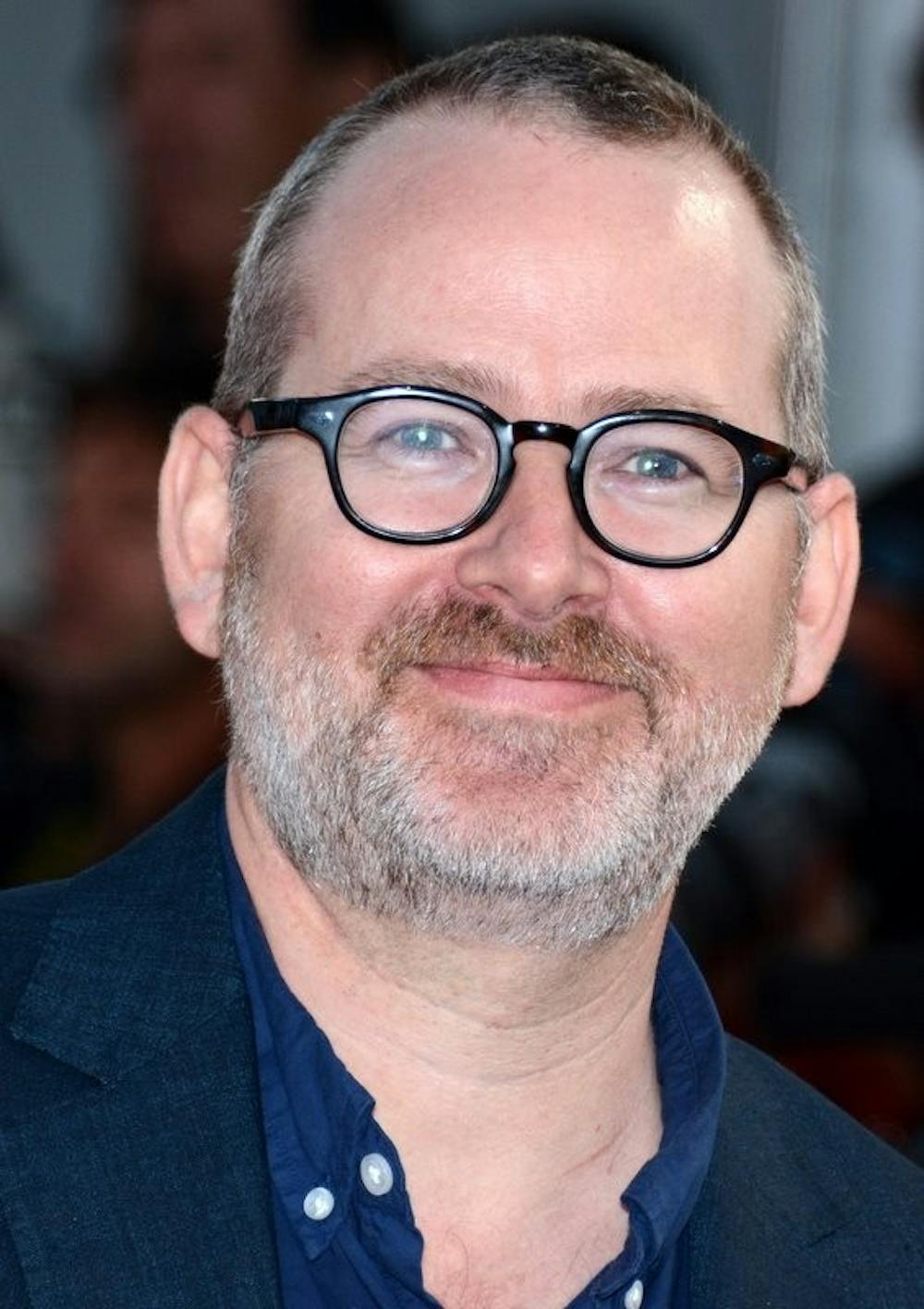When Morgan Neville graduated from Penn (C '89) with a bachelor in History, he didn’t know that he would move on to be one of the country’s biggest documentarians, let alone win an Oscar. Now, Neville’s name is a recognizable one, not only in Hollywood, but also on the international film festival circuit. His new film, The Music of Strangers, recently premiered at the Berlin Film Festival. A new exclusive trailer for the film was released three weeks ago and has already generated a lot of buzz. And this is just one film on a list of impressive projects, ranging from award–winning 20 Feet from Stardom and Netflix–hit Keith Richards: Under the Influence. Known for his documentaries that tell musicians’ untold and personal stories, Neville has become famous as an artist exploring the world of music.
His passion for storytelling, he told us, began at Penn, but was not something he felt he could properly explore until he was 25. He explained, “I grew up a total film nerd, which is funny, because Penn had no real film program when I went there—those of us interested in movies at Penn kind of had to do it in our time.” He had three big loves at the time: music, journalism and film. But he found movies and music to be too frivolous, so he decided to go for journalism instead. As a writer for the DP, he found colleagues who shared his inherent curiosity and love for stories. This pushed him to move to New York after graduation and work at The Nation, a far–left newspaper. Though Neville left Penn with doubt about making it in a creative field such as film, his experiences at Penn and the DP taught him how to be curious and tell stories.
Ultimately, journalism didn’t drive him away from film; it pushed him right into it. When asked why he opted out of going to film school, Neville explained, “film school is about finding your voice, and to me, journalism is about learning to listen.” He decided to quit his job and make a feature length film on his own, a documentary called Shotgun Freeway: Drives thru Lost L.A., that he calls his “own film school” and solidified his desire to make movies. He stills believes journalism is tied to film: “I always tell people that, to me, documentary filmmaking is journalism. I call it 3–D journalism”.
This explains why he stuck to documentaries, and hasn’t ventured into fiction filmmaking. It’s his experience in journalism that fed his desire to document real life through his films. He met and heard the stories of icons such as Darlene Love, followed Yo–Yo Ma and his musical ensemble around the world to Spain, China and Iran and spent an afternoon playing all types of records with Keith Richards (his 13–year–old self’s dream). His love for documentaries is clear, as he believes “there is no shortage of great real stories to tell, there is only a shortage of time.” For him, “the irony of it all is that reality is so much more interesting.” For anyone who wants to follow in his footsteps, he has some words of wisdom: “Be careful—and just do it”. With the rise of technology, “everyone already possesses everything they need to make a film with between their laptop and phone.”
From his career to journalism to his career in documentary film, one element has remained the same for Neville: his passion for telling stories. Even after a career of making one celebrated film after another, Neville is still as passionate (and humble) as ever. Much of his passion, he says, comes from the unexpected. His parting words can apply to both art and life: “If you follow your plan, that means you’re not paying attention to what is going on around you. The reality of what you find is always going to be more complex, and more interesting than what you imagined before you got there.”

